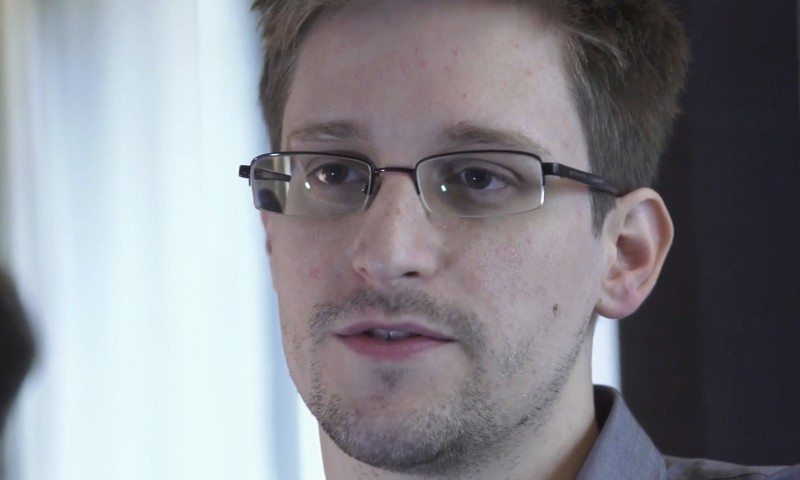Donating to Snowden Now Illegal in the US; Guilty Parties Can Have Assets Seized
Ashley Allen / 10 years ago

The White House has issued an emergency executive order that effectively prevents US citizens from donating money to NSA whistleblower Edward Snowden for fear of having their assets seized. The order is designed to choke funds for “malicious cyber-enabled activities” launched by persons outside of the United States.
Though the executive order – issued under the declaration of “a national emergency” by President Barack Obama – doesn’t mention Snowden by name, he is the highest profile figure affected by the ruling. Snowden, after revealing the extent of the indiscriminate mass surveillance undertaken by US intelligence and security services, was forced into exile in Russia, where he currently resides.
Section 2 of the order effectively states that by donating to parties considered to be involved in “malicious cyber-related activates” would impair the President’s ability to deal with this “national emergency”. It reads:
Sec. 2. I hereby determine that the making of donations of the type of articles specified in section 203(b)(2) of IEEPA (50 U.S.C. 1702(b)(2)) by, to, or for the benefit of any person whose property and interests in property are blocked pursuant to section 1 of this order would seriously impair my ability to deal with the national emergency declared in this order, and I hereby prohibit such donations as provided by section 1 of this order.
Sec. 3. The prohibitions in section 1 of this order include but are not limited to:
(a) the making of any contribution or provision of funds, goods, or services by, to, or for the benefit of any person whose property and interests in property are blocked pursuant to this order; and
(b) the receipt of any contribution or provision of funds, goods, or services from any such person.
While section 7 warns anyone that does make such donations is at risk of having their assets seized by the US government:
Sec. 7. For those persons whose property and interests in property are blocked pursuant to this order who might have a constitutional presence in the United States, I find that because of the ability to transfer funds or other assets instantaneously, prior notice to such persons of measures to be taken pursuant to this order would render those measures ineffectual. I therefore determine that for these measures to be effective in addressing the national emergency declared in this order, there need be no prior notice of a listing or determination made pursuant to section 1 of this order.
The order is so vaguely worded and free of due process as to be open to abuse. If a US citizen gives money to someone that, in the opinion of the US Government, is considered guilty of “malicious cyber-enabled activities”, it can take that person’s possessions, with no prior warning and with no recourse, bypassing the judicial system entirely. Ironic, since it is this kind of abuse of power that Snowden felt he had to stand against.
Source: The White House



















